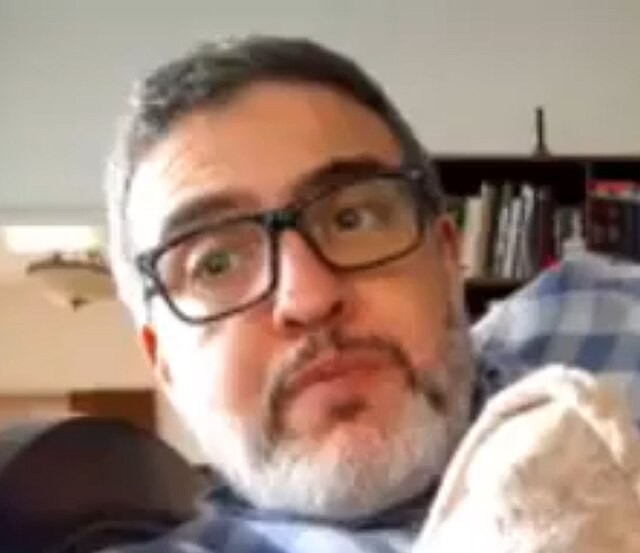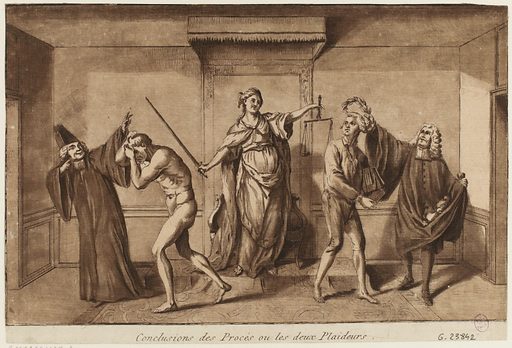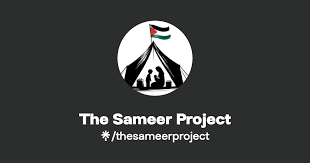We are being erased off of the face of the map. This was the first thought that crossed my mind when the renewed and ongoing genocide carried out by the Zionist entity against our people in occupied Palestine started on October 7th. Anyone following our anti-colonial struggle for more than 100 years, realises that erasure of the Palestinian being, identity and existence in any meaning that this term encompasses, has been the core intention of the colonial Zionist “state” since its establishment 75 years ago. At the time, although they pushed close to one million Palestinians off of their native lands, and mass murdered thousands who are unaccounted for, they did not manage to annihilate us. What is happening today is a fast tracked attempt to do just that and finish the job they started back in 1948.
Springing from Canaanite times, embroidery is rooted in us as descendants. Its motifs are not just pretty designs. They reflect our deeply instilled connection to the land, its trees, herbs, sea, birds and animals.
As a Palestinian born and bred in exile, the homeland for me existed in books, stories by family elders and on the TV screen. It existed in paintings, photographs and other art works. It also existed in the embroidery that my mother, aunts and grandmothers from both sides of my family spent time creating. As I was growing up, Palestinian embroidery, specifically the falahi cross-stitch was present everywhere, almost in every minute of the day. It was present on the walls, sofas, clothes and even bookmarks. I touched it, admired it and wore it. Eventually, at around the age of ten years, I extended a hand, took a needle, a piece of fabric, thread and started stitching.
When one reads and examines the evolution of Palestinian embroidery, it becomes apparent that its ancient 4000 year existence is in fact resistance. Springing from Canaanite times, embroidery is rooted in us as descendants. Its motifs are not just pretty designs. They reflect our deeply instilled connection to the land, its trees, herbs, sea, birds and animals. They reflect our politics through rockets, barbed wire and officers’ belts. They reflect our rich social fabric through symbols of brides, the elderly and the mother-in-law’s classic clash with her son’s wife.
In short, Palestinian embroidery is a reflection of you, the Palestinian.
I remind myself of the maternal figures in my life and their relentless patience while moving the needle steadily and rhythmically through the fabric. They stitched the seeds of love for Palestine in my heart.
In the past two years, as I moulded myself into a visual artist, it was not an urge that I felt but a nagging internal voice telling me that whatever longterm project I end up working on must incorporate the infamous Palestinian cross-stitch. And indeed, I am applying it in my work. While I researched how other peers in this art form mixed different forms of needle work in the production of imagery, I found beauty, colour and creativity. However, apart from Egyptian photographer Rehab Eldalil, who’s works beautifully illustrated the persistent culture of the Sinai communities, many of whom are originally Palestinian, I did not find anyone else who employed embroidery in the photographic practice to convey deeper meaning beyond aesthetics. I saw that, through her body of work titled “The Longing Of the Stranger Whose Path Has Been Broken”, Rehab nurtured her own Palestinian roots. This is exactly what unites us, as a community, in spite of being shattered across the world map: our roots. Once a Palestinian, half or quarter a Palestinian, always a Palestinian.
As I write this, I struggle to continue. I pause for long minutes to check my phone and learn how many of my people have been buried under the heaps of heavy rubble created by the cowardly Zionist bombs. I check how many of my people have received a bullet, were wrapped in a white sheet, were handcuffed and blindfolded. I read the names, hear the cries and count the numbers. My heart is heavy, my brain is foggy and my fingers are frozen. Seeing the homeland for the first time ever only two months ago, rendered what I have lost in Palestine very tangible. It is not abstract anymore. I finally visited, touched and breathed in a place on this planet that smells like me. With every waking hour, with every breath I take, I ask myself: “how can I go on without a Palestine in my life?”
Then I remind myself of our resistance, our steadfastness and stubbornness. I remind myself of our freedom fighters on every inch of our land, those young humans who deserve a full life and who have chosen to carry arms and push our existence forward beyond the siege, the tank and the wall. I remind myself of all our women who have lost beloved fathers, brothers, lovers and children. Those are the same women who ululate at funerals, get up the next day and carry what remains of their families on their shoulders to equally advance our struggle ahead. I remind myself of the maternal figures in my life and their relentless patience while moving the needle steadily and rhythmically through the fabric. They stitched the seeds of love for Palestine in my heart.
My love for Palestine is a choice I make every day, against any odds. I express it through all available means, including the needle and the thread. This is why I will now continue to teach Palestinian embroidery to other fellow Palestinians. Together, we stitch our roots, resist erasure and insist to exist.
Embroidery workshop with Rasha Al Jundi
Sunday, 12th November, 12.00 – 3pm.
Please register via this Google Form
There will be a small fee of €5 to cover material costs. Any other donations will go 100% to Gaza. Open to those of Palestinian or Arab roots in the city.
Rasha Al Jundi (1984) is a Palestinian visual storyteller based between Nairobi, Kenya and Berlin, Germany. Her ongoing project that combines portraits and Palestinian embroidery titled “When the Grapes were Sour” can be followed on Instagram via @embroidered_exile




